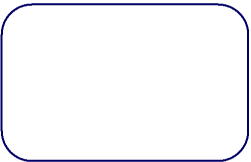


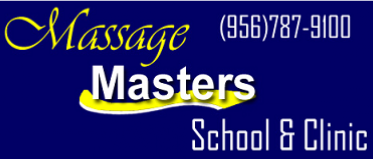
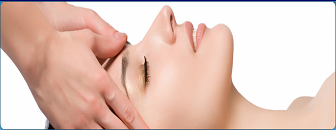
2011 Massage Masters School & Clinic



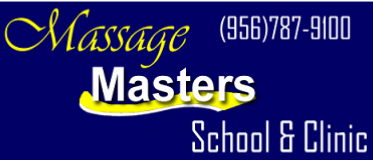
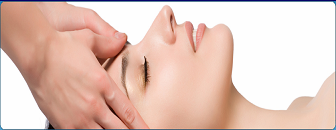

•Recommended for•
The benefits are many to list here. Please see below for a broader idea of how one can benefit from reflexology. 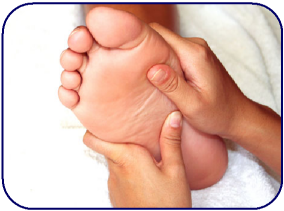
•General Rates•
$60 - 1 hour (Licensed)$35 - 30 min (Licensed)
Not available with intern therapists.
What is Reflexology?
Reflexology is the practice of applying pressure to the feet and hands utilizing specific thumb, finger and hand techniques without the use of oil, cream or lotion based on a system of zones and reflex areas that reflect an image of the body on the feet and hands with a premise that such work effects a physical change in the body.History of Reflexology
Around the world and throughout history, reflexology has been rediscovered time and time again. Archeological evidence points to ancient reflexology medical practices in Egypt (2330 BCE), China (2704 BCE) and Japan (690 CE).In the West, the concept of reflexology began to emerge in the 19th century with European and Russian research into the nervous system and reflex- think Pavlov. Reflex therapies were created as medical practices but were soon eclipsed by use of surgery and drugs. The ideas of reflex use for health improvement were carried on sporadically and brought to American in 1909 by Dr. William Fitzgerald, an eye-ear and nose specialist from Connecticut. Physiotherapist Eunice Ingham is credited with developing a system of reflex areas by 1938.
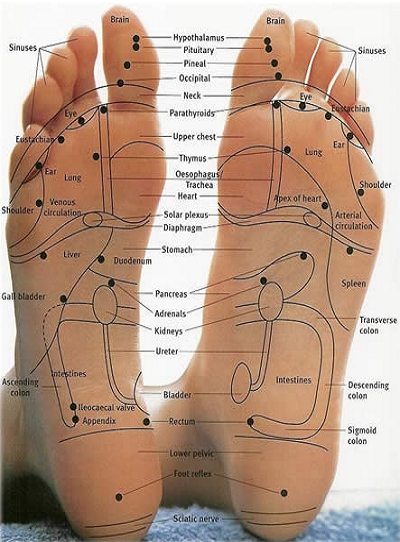
In the East, ancient Chinese techniques were re-discovered in the 1980's and have spread throughout Asia creating today's reflexology-rich environment with reflexology paths in parks and a thriving reflexology industry of practitioners, businesses and research.
Creates relaxation: From the moment the reflexologist's hands start their work, the relaxation begins.
Reduces pain: Pain reduction following reflexology work is documented in 27 studies including research showing impact on individuals of all ages and health states
Ameliorates health concerns: Research shows that reflexology work helps indiviuals of all ages with some 78 health concerns ranging from aggressive behavior in children to urinary concerns of the elderly.
Improves blood flow: Separate studies show that reflexology work increases blood flow to the feet, brain, kidneys and intestines.
Aids post-operative recovery: Reflexology work aids recovery after surgery as shown by several studies, reducing pain and lessening the use of post operative analgesics.
Impact on physiological measures (e. g. blood pressure and cholesterol; measurements by ECG, EEG, and fMRI)
Enhances medical care: Reflexology helps where nothing else can for many: phantom limb pain sufferers, neuropathy patients, and hemodialysis patients to name a few.
Benefits mental health: Research demonstrates that reflexology can reduce depression (11 studies) and anxiety.
Complements cancer care: Pain, nausea, vomiting, and/or anxiety eased for chemotherapy patients following reflexology work.
Eases pregnancy, delivery and post-partum effects: Women who received reflexology experienced shorter labor times and used less analgesia. In addition, reflexology showd a positive impact on postpartum depression, anxiety, urination and bowel movements.
In general terms, the benefits of reflexology have to do with the reduction of stress. Because the feet and hands help set the tension level for the rest of the body, they are an easy way to interrupt the stress signal and reset homeostasis, the body's equilibrium.
Reflexology is a complement to standard medical care. It should not be construed as medical advice. It should not be a replacement to medical help.
Benefits of reflexology
Research has shown the specific techniques of reflexology to be effective and beneficial in many ways. Reflexology:Creates relaxation: From the moment the reflexologist's hands start their work, the relaxation begins.
Reduces pain: Pain reduction following reflexology work is documented in 27 studies including research showing impact on individuals of all ages and health states
Ameliorates health concerns: Research shows that reflexology work helps indiviuals of all ages with some 78 health concerns ranging from aggressive behavior in children to urinary concerns of the elderly.
Improves blood flow: Separate studies show that reflexology work increases blood flow to the feet, brain, kidneys and intestines.
Aids post-operative recovery: Reflexology work aids recovery after surgery as shown by several studies, reducing pain and lessening the use of post operative analgesics.
Impact on physiological measures (e. g. blood pressure and cholesterol; measurements by ECG, EEG, and fMRI)
Enhances medical care: Reflexology helps where nothing else can for many: phantom limb pain sufferers, neuropathy patients, and hemodialysis patients to name a few.
Benefits mental health: Research demonstrates that reflexology can reduce depression (11 studies) and anxiety.
Complements cancer care: Pain, nausea, vomiting, and/or anxiety eased for chemotherapy patients following reflexology work.
Eases pregnancy, delivery and post-partum effects: Women who received reflexology experienced shorter labor times and used less analgesia. In addition, reflexology showd a positive impact on postpartum depression, anxiety, urination and bowel movements.
In general terms, the benefits of reflexology have to do with the reduction of stress. Because the feet and hands help set the tension level for the rest of the body, they are an easy way to interrupt the stress signal and reset homeostasis, the body's equilibrium.
Reflexology is a complement to standard medical care. It should not be construed as medical advice. It should not be a replacement to medical help.